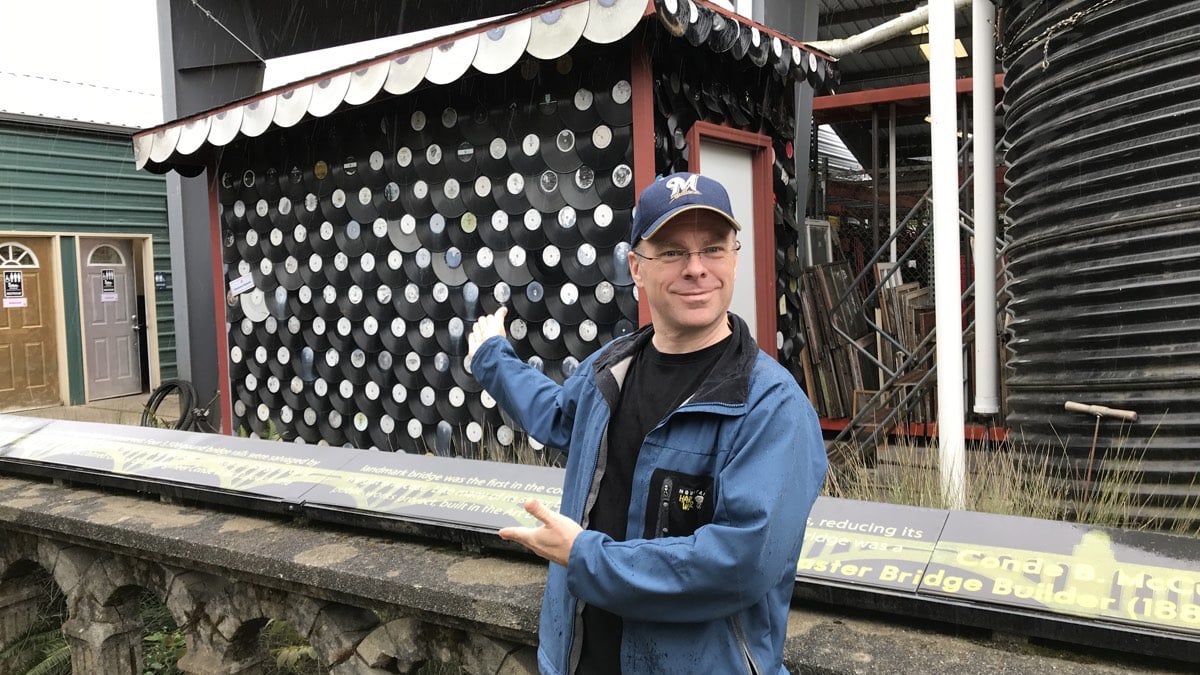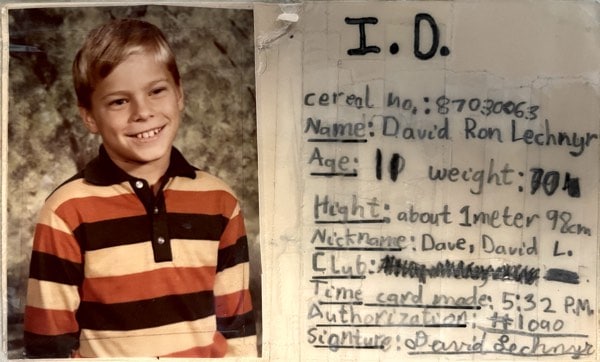
Welcome! I’ve spent the last two decades working with people who want to get unstuck by becoming a better version of themselves. My approach has been influenced greatly by the compassion of Carl Rogers, the skills of Aaron Beck and the wisdom of Pema Chödrön.
Certified Gottman Therapist: Specializing in Couples Therapy in Eugene
As a Licensed Clinical Social Worker (LCSW) and one of the few Certified Gottman Therapists in the area, I bring a wealth of experience and specialized training to help individuals and couples navigate life’s challenges.
With a Master’s degree in Clinical Social Work from Walla Walla University, I’ve dedicated my career to helping clients overcome obstacles, improve their relationships, and achieve personal growth. My areas of expertise include anxiety, depression, relationship issues, and self-esteem.
A Therapist with Deep Roots in Eugene, Oregon
Of course, that’s the boring stuff. Let’s try that again with something more interesting:
- Eugene is my home town.
- I grew up with many therapists near me: My two sisters are also therapists, and my father is a retired Psychologist.
- I learned to drive a stick shift on the hills of downtown Seattle.
- Growing up with three younger sisters, I’ve never learned (or cared) to understand the rules for football.
- I’m pretty good with Star Trek trivia.
- I both love and shudder at the 80’s.
- My two favorite books for personal growth are The Alchemist and Who Moved My Cheese (only 95 pages; you can’t beat that).

Creating a Safe, Non-Judgmental Environment for Therapy in Eugene, OR
One of the things that is different about me is that I’ll actually spend time and read the forms you fill out when you become a new client. I absolutely dislike when doctors ask you to write down important details and then never go over it with you.
The other thing is that I will challenge you. Not to the point of doing anything you don’t want, but instead to become the person you’ve always wanted to be. Someone that is in line with your hopes, dreams, values and goals. Otherwise, we’re just spending time talking together, and nothing really changes.
As a Certified Gottman Therapist, I have completed extensive training in the Gottman Method, a research-based approach to couples therapy. This allows me to provide effective, evidence-based interventions to help couples strengthen their relationships, improve communication, and build lasting intimacy.
When you work with me, you can expect a warm, non-judgmental environment where you feel heard and supported. I believe in the power of the therapeutic relationship to facilitate healing and growth. Together, we’ll explore your unique challenges, develop practical coping strategies, and work towards achieving your goals.
Take the First Step Towards Positive Change in Eugene, Oregon
If you’re ready to take the first step towards a more fulfilling life, I invite you to request an appointment today. Whether you’re struggling with anxiety, depression, relationship issues, or simply feeling stuck, I’m here to help. Let’s work together to create positive, lasting change.
